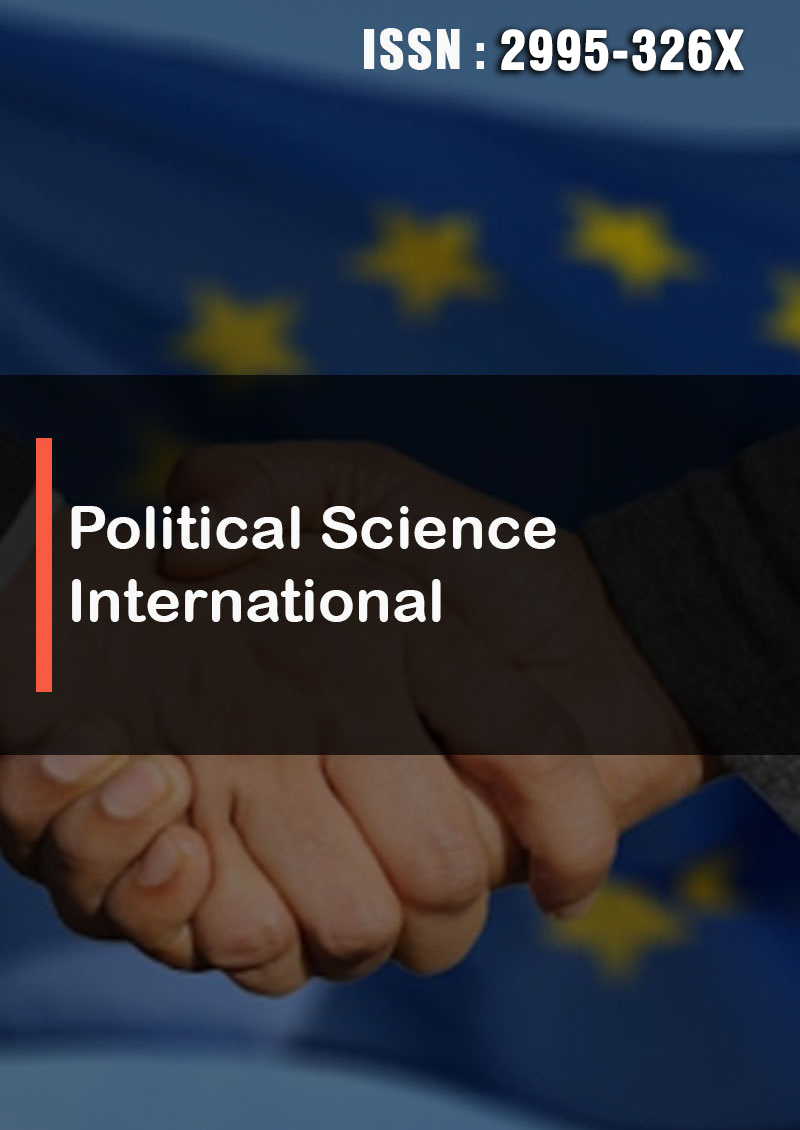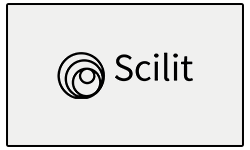Influential Impartiality: A Linear Regression Model of the Effect of Committed Impartiality Pedagogy on Student Political Engagement
Abstract
Sawyer Blass
In American secondary education, teachers are urged to avoid sharing political views due to concerns about political polarization. This has contributed to high school students' disengagement from national politics, often attributed to a lack of political discourse in schools. Recent studies have explored pedagogical or teaching strategies like committed impartiality (CI), in which teachers share their political views while encouraging open discussion among students, finding that short-term benefits of CI include improved understanding of political issues and increased civic awareness. However, the long-term effects of CI on student political engagement remain underexplored, as existing research mostly examines the long-term impact of neutral impartiality, where teachers avoid disclosing political beliefs altogether. This study aims to address this gap by examining the long-term impact of CI pedagogy on students’ political involvement through linear regression analyses of an online Likert-scale survey (n=20). The survey, conducted among American high school students at an international school in Singapore, gathered data on students' experiences with CI pedagogy and their engagement with both "little p" politics (community-based initiatives) and "Big P" politics (national-level affairs). The analyses revealed a statistically significant and moderately positive correlation between CI pedagogy and student engagement with "little p" (p < 0.01) and "Big P" politics (p < 0.05). These findings reinforce existing literature on the positive impact of teacher political disclosure within the framework of committed impartiality. The study concludes that secondary education teachers sharing their political beliefs while maintaining a commitment to impartiality can increase students' political engagement. However, this study's cohort is limited to American citizens living in Singapore; thus, future research should examine whether this statistically significant relationship applies to American residents and explore the impact of various pedagogical strategies on student political engagement to identify the optimal approach to teacher political disclosure.




